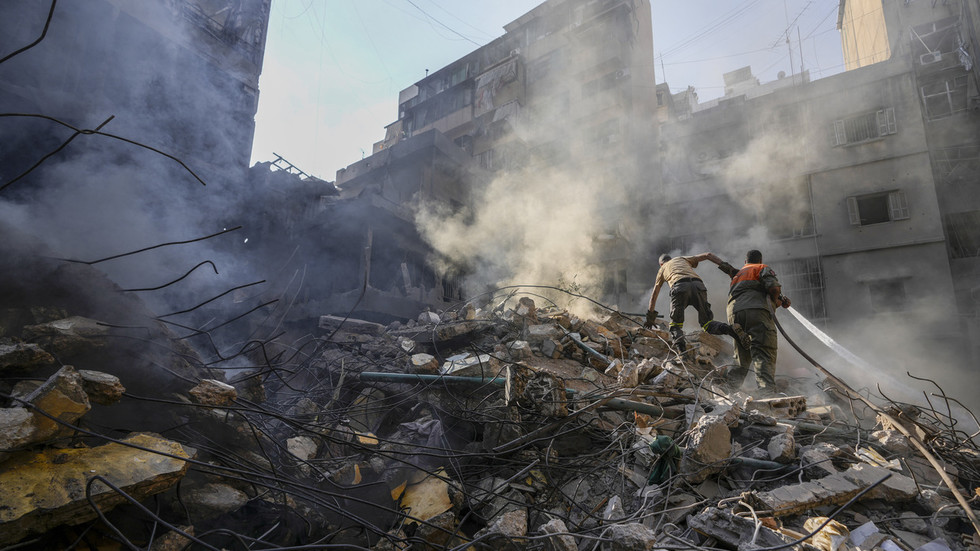The call for the establishment of an independent Palestinian state as a resolution to the ongoing Middle Eastern conflict has been emphasized by Russian Foreign Minister Sergey Lavrov. He asserted that the key to ending the violence lies in creating conditions that would allow for the recognition of a sovereign Palestinian state. Lavrov’s comments came in the context of a deeply entrenched cycle of violence that has engulfed the region and expanded to involve multiple countries. Against this backdrop, he articulated the futility of the ongoing war, stating firmly that “there will be no winners” in the conflict, as increasing hostilities reciprocally draw nations into the conflict’s tumultuous depths.
The dynamics of the conflict have been further complicated by the exchanges of fire between Israel and Hezbollah, with the latter increasingly supporting Palestine amidst Israeli military operations targeting Hamas. The situation has escalated as Israel launched offensives against Hezbollah in southern Lebanon, highlighting the deepening hostilities in the region. Tensions have also escalated between Iran and Israel, particularly following Israel’s recent strikes on Iranian targets, which responded to missile threats and retaliation that stemmed from the conflict. Lavrov’s concerns extend to the vast casualties among “innocent Palestinians” in Gaza and significant losses in Lebanon, which feature prominently in his call for immediate de-escalation.
Condemnation of targeted assassinations of key political leaders from Hamas and Hezbollah has also been voiced by Russia, underscoring the potential for further destabilization in an already volatile environment. Lavrov noted Moscow’s previous attempts to secure a formal UN Security Council evaluation of these killings, hampered by opposition from Western countries. He advocated for an immediate ceasefire and underscored Russia’s diplomatic role in pushing for de-escalating measures. However, he firmly argued that any long-term resolution depends on the formal establishment of a Palestinian state reflecting the territorial lines prior to the 1967 borders.
The geopolitical implications of Lavrov’s statements are significant. He referenced Russian President Vladimir Putin’s remarks about the historical roots of the Gaza conflict, suggesting that the failure to adhere to UN resolutions calling for an independent Palestinian state has perpetuated violence. This assertion illustrates a broader critique of the current international framework and mechanisms that have, according to Moscow, ignored the vital issue of Palestinian sovereignty as an escalating conflict in the region continues to unfold.
Support for Palestinian statehood has gathered international recognition, with 146 UN members and a significant number of G20 countries endorsing it, including major powers like China, India, and Brazil. This recognition reflects a growing international consensus on the need for a distinct identity and governance structure for Palestine. Yet, despite this acknowledgment of their status, the pathway towards actualization of such a state remains blocked by opposition from Israeli leaders. Prime Minister Benjamin Netanyahu has asserted his position against the formation of a fully functional Palestinian state, framing it as a significant barrier to any potential peace process.
In conclusion, the insights shared by Lavrov and the broader context of the Middle East conflict suggest an urgent need for a peaceful resolution that respects the aspirations of the Palestinian people. As violence escalates and casualties mount, the focus on achieving an independent Palestinian state remains a foundational aspect of any meaningful peace talks. Despite evident international and regional challenges, the quest for Palestinian sovereignty is presented not only as a moral imperative but also as a strategic approach to achieving lasting peace in a historically tumultuous region. As the involved parties navigate these turbulent waters, it is paramount that discussions prioritize peace, stability, and mutual recognition of rights to address the deep-seated grievances that have defined this long-standing conflict.

